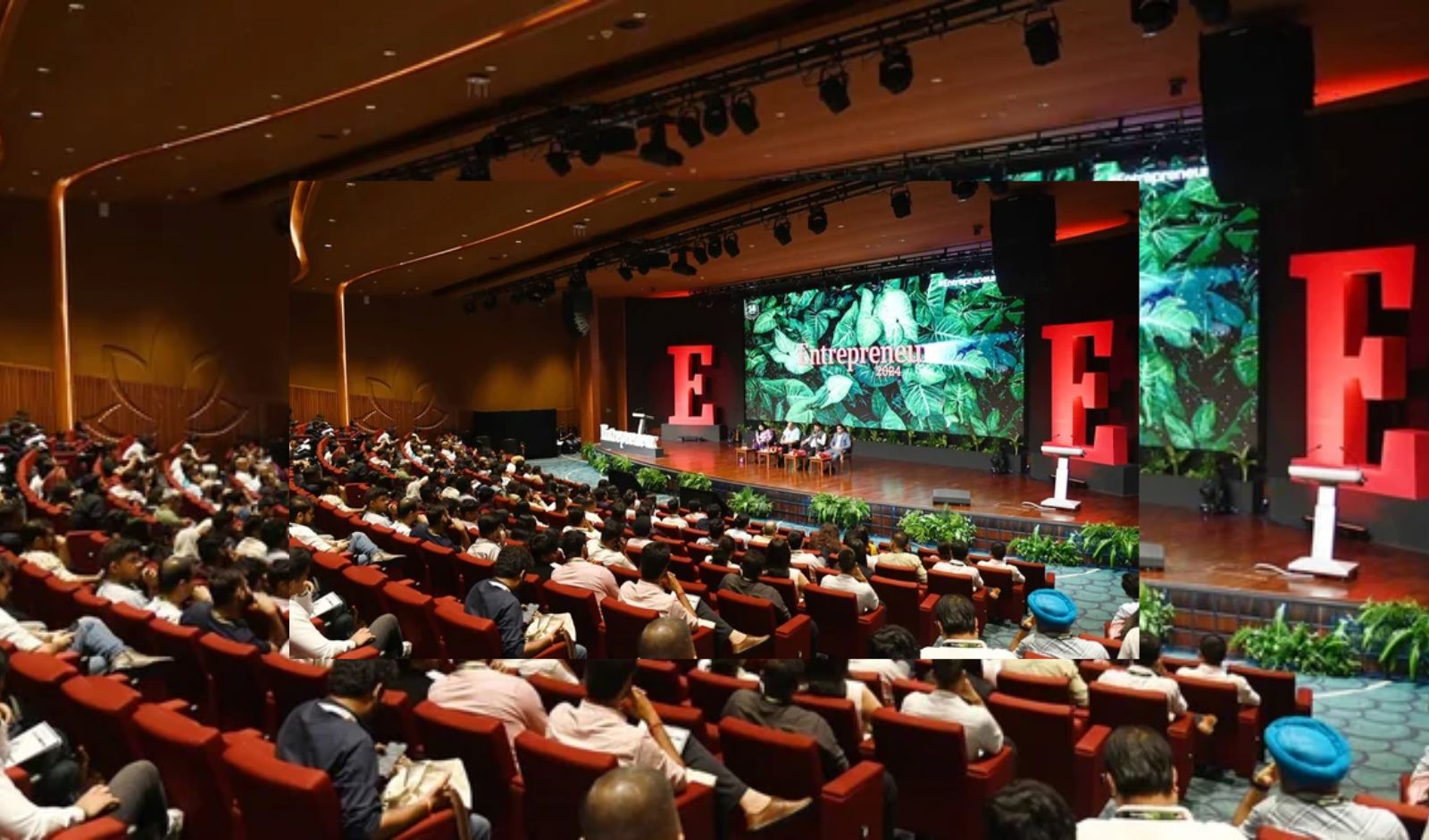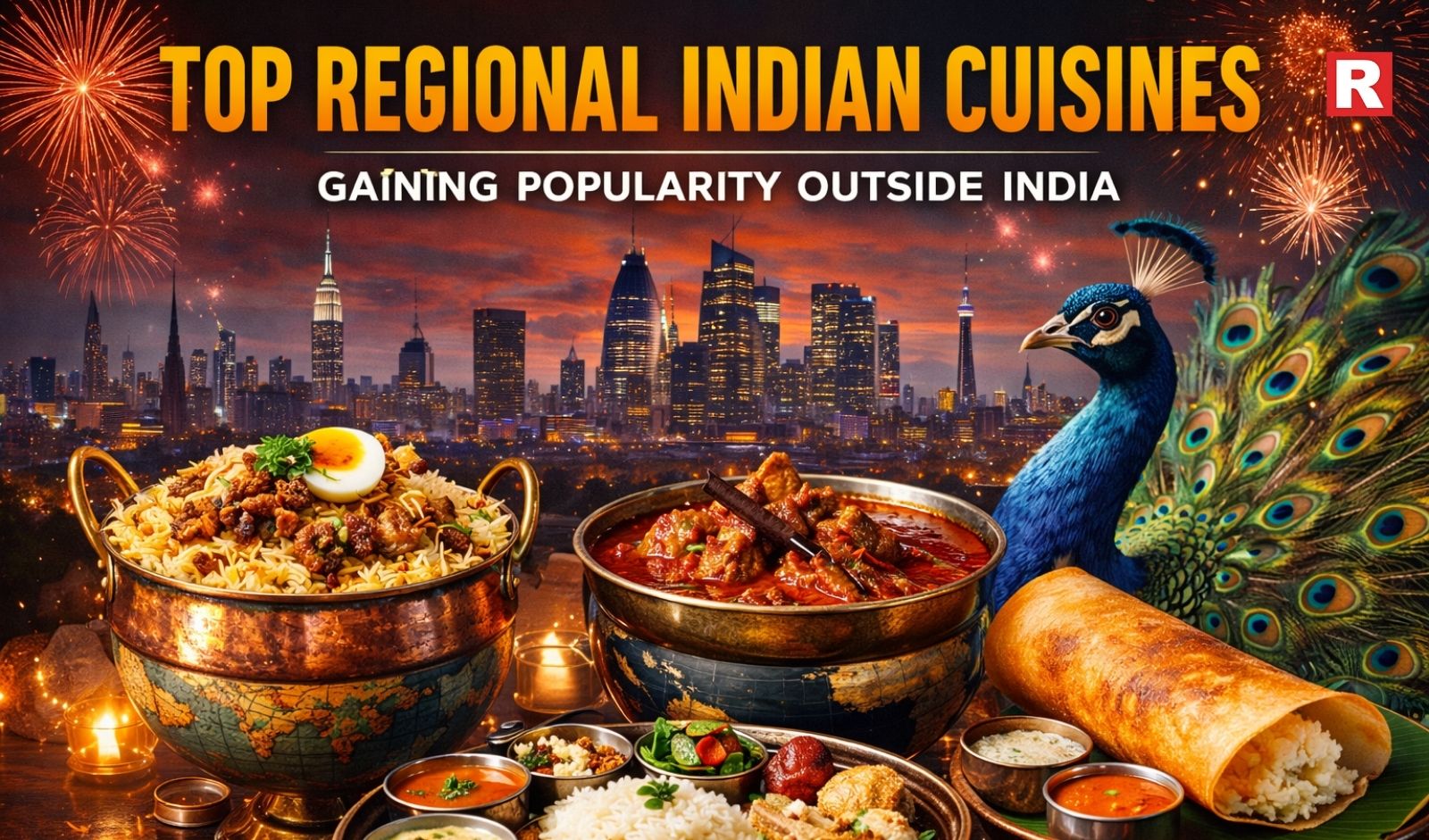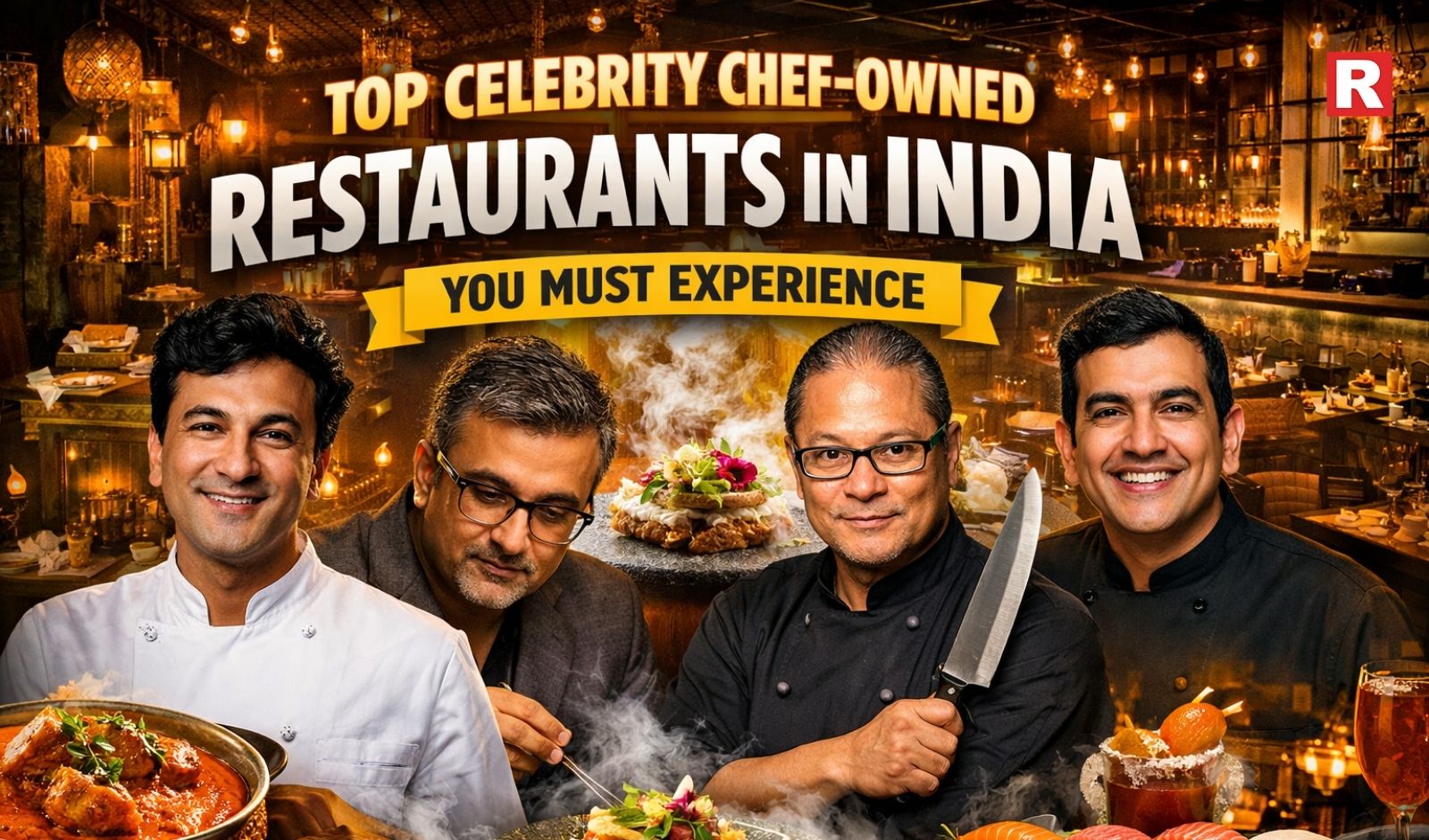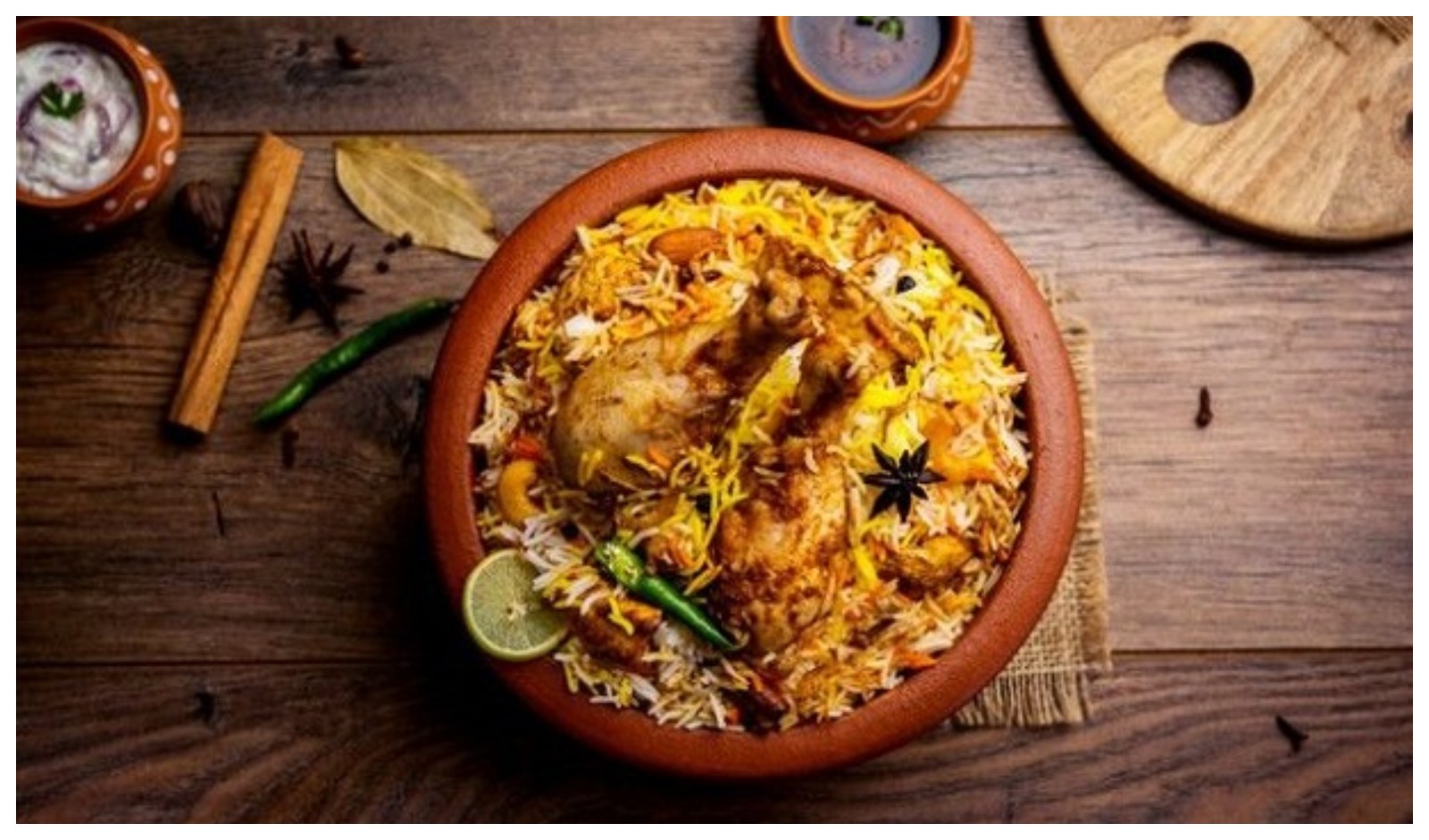
Who would have ever thought that a small kiosk started in early 1940s at Burns Road in Karachi would travel all the way to Mumbai, India. “After partition, my ancestors landed with nothing else but utensils in which they made pani puri and other Indian food,” shares Kamlesh Mulchandani, the third-gen from the Mulchandani family who joined the business together with his brother Amit Mulchandani in 2004. Whereas, Jay Mulchandani, joined the business in 2006, following the family legacy that was set up in 1952 at Colaba. Destiny brought them to Mumbai and rest of the story remains history. “After a reputed “Halwai” in a lane next to Colaba market, our Grandfather decided to launch their first food outlet named “Kailash Parbat”, he remembers.
Capturing Culinary Delight
The journey has been very enriching and delightful for the Mulchandani family, with a mixed bag, few Sleepless nights, ideation, arguments and criticism that was all smooth sailing for the Sindhi family known for their vegetarian food business. “We approached the challenges objectively finding a win –win for all. To be honest, these challenges shaped us what we are today and made us stronger,” adds the proud restaurateur who has now setup the restaurant empire across Asia, Americas, Australia, Canada, Europe and Middle East. And, has recently opened their 50th outlet in Doha, Qatar. “With franchising, comes scalability. Through this we are able to amplify our speed to replicate our business and reach more customers. It’s also a faster way to penetrate in the market to gain market share,” points Mulchandani.
Think Global, Act Local
Running on a simple mantra: “Think Global, Act Local and Sell like a Retailer” has always worked for this restaurant that has done nothing extraordinary to go out of the way. The brand has stuck to their core and traditional recipes which they have inherited form their grandfather which has been liked by different food palates. “We have taken off our flight and keep our engines running by staying relevant, looking for enhancements, introducing new items, reducing cost without compromising quality and CUSTOMER FOCUSED AS ALWAYS,” smiles Mulchandani who considers Sindhi food as their staple food, and they still use the same recipes used by their forefathers during the British era.
Overcoming Challenges
Challenges are the norm, a part and parcel of every venture. You face them and convert them into an opportunity or you can sit back and whine about them. “During our international expansion we have found it difficult to export talent overseas given the visa restrictions & regulations,” shares Mulchandani, adding that to ensure the authenticity of the food it is preferred that the homegrown chefs are behind the scenes, however, the brand has now an intense culinary training module at their base kitchen in Mumbai for chefs that have being recruited overseas to understand the KP way. “One such incident in Lisbon with Visas prompted us to invest in local talent, conduct vigorous training and customize our menus to offer European food with an Indian twist. That’s a new start for us,” he remembers. Also, successfully establishing brand in purely non-vegetarian markets like Singapore and Middle East the family takes pride in it.
Taking a Successful Ride
In this dynamic world, the restaurant is keeping them abreast to seize any good opportunities coming their way. “We are a big family and extremely closely knit. There is love and trust amongst us and we all double up for each other personally and professionally,” he smiles. And, given the above strengths and comforts Kailash Parbat is now looking at establishing a home delivery and catering brand apart from scaling up KP in South East Asia, select parts of USA and GCC in the next phase. “We are also planning to launch a vegan restaurant in India. We are already running ‘Veganapati’in Portugal and we want to grow it in India targeting major cities including; Bengaluru, Chennai, Mumbai and Delhi in 2019.

Entrepreneur India, the premier platform for business and innovation, is thrilled to announce the highly anticipated Entrepreneur 2025 Show. This mega-event will bring together the country's most visionary entrepreneurs, investors, and business leaders for a day of awards, summits, and groundbreaking pitches. The show is scheduled for Tuesday, September 23, 2025, at the state-of-the-art Bharat Mandapam in New Delhi.
"The Entrepreneur 2025 Show is more than just an event; it's a testament to the thriving spirit of Indian entrepreneurship," said Sachin Marya, Editorial Director, Entrepreneur India. "We are creating a vital ecosystem where innovative ideas are not only celebrated but are also empowered to scale, attract investment, and drive meaningful economic transformation. This is a must-attend for anyone passionate about the future of business in India."
The Entrepreneur 2025 Show will feature three key components:
Entrepreneur Awards 2025 Now in its 15th edition, the Entrepreneur Awards will recognize and celebrate the dedication and success of entrepreneurs who are driving innovation across the Asia-Pacific region. The prestigious ceremony will honor top achievers in various categories, including Startup Awards, Rise Awards, and top honors like Entrepreneur of the Year, Woman Entrepreneur of the Year, and Lifetime Achievement.
Entrepreneur Summit This full-day conference will serve as a hub for thought leadership and investment opportunities. With over 1000 entrepreneurs and investors expected to attend, the forum will host panel discussions and keynote addresses on critical topics shaping the business landscape. Featured sessions include: AI & The Future of Businesses |Family Businesses 2.0 |Evolution of Transactions |Cracking the Code: What VCs Look for in Startups.
The forum will feature an esteemed lineup of speakers and jury members, including: Farhan Akhtar, Actor, Producer, Writer & Director; Gopal Srinivasan, Chairman & MD, TVS Capital Funds Limited; Viraj Bahl, Founder & Managing Director, Veeba; Hitesh Oberoi, MD & CEO, Info Edge India ; Rikant Pittie, CEO & Co-Founder, EaseMyTrip; Dr.Panneerselvam Madanagopal, CEO) - MeitY Startup Hub; C.P. Gurnani, Co-Founder & Vice Chairman, AIonOS; Dr. Anita Gupta, Scientist ‘G’/Advisor & Head – CEST, DST, GoI; Dr. Subhransu Sekhar Acharya, CMD, NSIC; Ramanan Ramanathan, Mission Governing Board, Member India AI Mission, Government of India and many others.
Startup Kickoff As a highlight of the show, the Startup Kickoff is an exclusive platform designed to connect high-potential startups with leading investors. In this dynamic session, selected entrepreneurs will have a dedicated 3-5 minute window to pitch their innovative business ideas directly to a panel of VCs, accelerators, and investors. The winning startup will receive national recognition, including a feature in Entrepreneur magazine, and a scorecard evaluating their venture’s investment-worthiness.
The Entrepreneur 2025 Show is poised to be an unmissable event, providing unparalleled networking opportunities, valuable insights, and a stage to celebrate the achievements that are fueling India's economic growth.
Entrepreneur India is an international franchise of Entrepreneur Media, is a leading platform dedicated to helping entrepreneurs start, run, and grow their businesses. Through its print and digital content, events, and a vibrant community, Entrepreneur India provides essential resources, news, and inspiration to the next generation of business leaders.
For more details visit www.entrepreneurindia.com , or call 8595350505 , write to
preetima @entrepreneurapj.com

Established in 1980, The Peninsula Hospitality Group has grown into a formidable force in the hospitality industry with a diverse portfolio of 21 thriving luxury and deluxe economy brands. The group operates 6 hotels and 25 signature restaurants, bars, lounges, and clubs, in the UAE and India. Among its iconic properties are the Peninsula Grand Hotel in Mumbai and the President and Marco Polo Hotel in Dubai, which has been one of the Emirates' longest operating hotels. In an exclusive interaction with Restaurant India, second generation entrepreneur from the family, Rahul Shetty, the Managing Director of The Stables and Peninsula Hospitality Group, talks about its reinvention, re-branding, expansion and much more. Excerpts:
Entering into the Food Biz
Having dedicated 15 years to the profession since 2008, Rahul Shetty has become a seasoned professional in the hospitality sector. His remarkable contributions include the successful establishment and operation of renowned brands such as The Stables in Dubai and Mumbai, Rodeo Drive - American Bar & Grill in Dubai and Mumbai, M.I.T.R.O.N Bar & Kitchen in Mumbai, Opa Bar & Cafe in Mumbai, President Hotel in Dubai, and Kovalam Restaurant in Dubai.
Rebranding the Brands
Four years back, we did rebrand for Peninsula Grand Hotel in Andheri. The hotel mainly targeted the corporate crowd. Now, we are targeting diverse audiences as we have OPA Coffee chain and Mitron in the same hotel. It’s not about good food anymore, it’s all about experience. We have had changed the logo as it gets outdated over time. We have to reach the right audiences, so this was important. People love to know about what’s in the food, ingredients and what all are being served to them.
Views on Employee Satisfaction and Retention
If you are running a business, lot of departments has to be taken care of. We do have cross training options and also explain an employee of what all can be focused on specific career for motivation. Attrition will be there as it’s a hectic industry. People tend to stick when they have growth opportunity. We have more of male employees in kitchen; while, we have 80% women in bakeries and 10% in hot kitchen. In our workspace, HR and Marketing are dominated by women.
Consistency is the Key
Consistency is something which everyone has to focus on. Not everyone is great. Training the chef and operations staff is important. We train all our head chefs for the new menu. HR is also being trained. Constant growth is the key in running a successful venture.
Trends that will change the eating out behavior in India
- Vegan, gluten-free food will rule menu
- Smaller portions will be a must
- People are becoming health conscious, so, healthy food will be trending.
- Club business will come down; soft music will be on trend.
Differences in UAE and India business
There aren’t many differences in food and beverage business in UAE and in India. But supply chain is different, and sourcing of few ingredients is different as we get it sooner in UAE rather than in India where we need to wait. Adaptability is fast in India these days so even if anyone opens a new concept, people accept it.
Expansion Plans
This year, we will be opening a new resort, ‘Peninsula Del Mar’ in Udipi district which will be focused on wellness rejuvenation. We want to expand Mitron in other cities and will be focused on tier-2 cities. We will be launching a new brand by next year in Mumbai.
Copyright © 2009 - 2026 Restaurant India.










